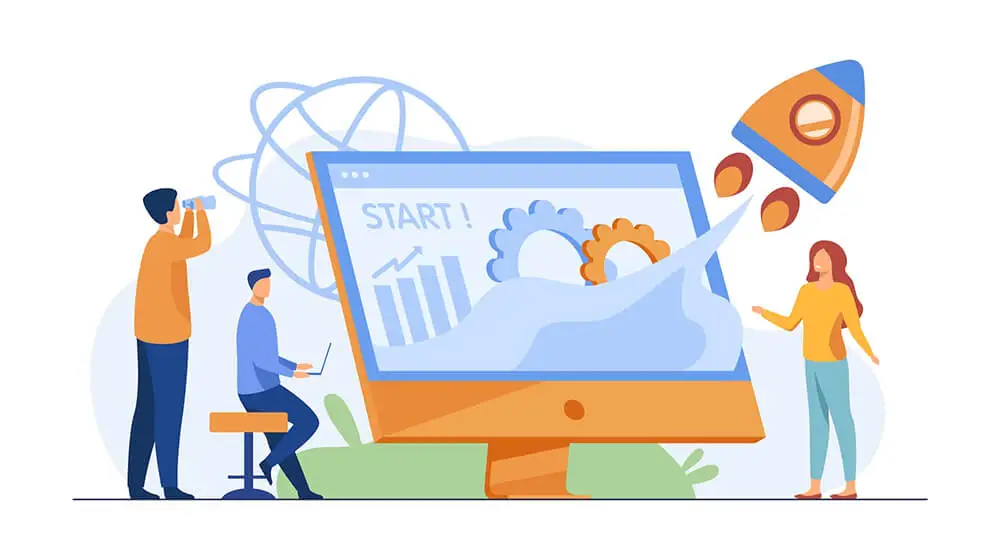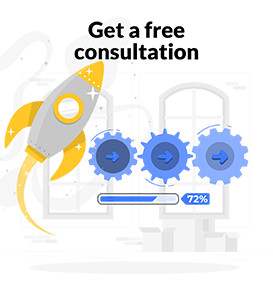Top 5 SEO Tips for Beginners: How to Get Started with SEO
As a beginner in SEO, it can be overwhelming to figure out where to start. With so much information available online, it’s easy to get lost in the sea of advice and best practices. But don’t worry, in this post, we’ll cover the top 5 SEO tips for beginners that will help you get started with SEO and
improve your website’s ranking in search results.

SEO Tips for Beginners, start with keyword research
Keyword research is the foundation of SEO. By understanding what keywords your audience is searching for, you can create content that answers their questions and provides value. Here are some tips to get started with keyword research:
- Use keyword research tools like Google Keyword Planner, Ahrefs, or SEMrush to find relevant keywords for your industry or niche. We suggest SEMrush. Would you like to know Why SEMrush is the best SEO tool?
- Focus on long-tail keywords (keywords with three or more words) that are specific and less competitive.
- Analyze your competitors’ keywords to identify gaps and opportunities.
- Use keywords strategically in your website’s content, meta descriptions, and title tags. Be sure to mention the main keyword “SEO tips for beginners” 12 times throughout the post.
Optimize your website's on-page elements
On-page optimization involves optimizing your website’s content, HTML structure, and user experience for search engines and users. Here are some on-page optimization tips for beginners:
- Write high-quality, informative, and engaging content that answers your audience’s questions and provides value.
- Use header tags (H1, H2, H3) to structure your content and make it easy to read.
- Optimize your title tags and meta descriptions with relevant keywords and compelling copy.
- Improve your website’s loading speed by compressing images, reducing server response time, and minimizing code.
- Ensure your website is mobile-friendly and has a responsive design.
Build high-quality backlinks
Backlinks are links from other websites that point to your website. They are an important ranking factor in Google’s algorithm and can help you build credibility and authority in your industry. Here are some tips to build high-quality backlinks:
- Create high-quality content that people want to link to and share.
- Reach out to influencers, bloggers, and other websites in your industry and ask them to link to your content.
- Participate in online communities and forums to build relationships and earn backlinks.
- Use guest blogging to publish your content on other websites and include a link back to your website.

Use social media to promote your content
Social media is a powerful tool to promote your content, build your brand, and attract more visitors to your website. Here are some social media tips for beginners:
- Choose the social media platforms that are most relevant to your audience and industry.
- Create engaging and shareable content that aligns with your brand and values.
- Use relevant hashtags to make your content more discoverable.
- Engage with your followers, respond to comments and messages, and build relationships with your audience.
- Share your content regularly, but avoid being too promotional.
Monitor and analyze your website's performance
Finally, it’s important to monitor and analyze your website’s performance on an ongoing basis. Here are some tools and metrics to track:
- Google Analytics: This tool provides data on your website traffic, including how many users visit your site, how long they stay, what pages they visit, and where they come from.
- Google Search Console: This tool provides data on your website’s search performance, including how many impressions and clicks your website gets, which keywords are driving traffic, and any technical issues or errors.
- SEO tools: There are many SEO tools available that can help you analyze your website’s performance, identify opportunities for improvement, and track your progress over time. Some popular SEO tools include Ahrefs, SEMrush, Moz, and Majestic.
- Conversion tracking: It’s important to track not only your website’s traffic but also the actions that users take on your site, such as filling out a form, making a purchase, or subscribing to your newsletter. By tracking conversions, you can optimize your website for your business goals and improve your return on investment (ROI).
- User experience: Finally, it’s important to consider your website’s user experience (UX) and make sure it’s easy to navigate, mobile-friendly, and accessible. Use tools like Google’s PageSpeed Insights, Mobile-Friendly Test, and Lighthouse to identify areas for improvement and make your website more user-friendly.
Final words
All in all, SEO can be a complex and ever-changing field, but implementing these tips can help beginners get started and improve their website’s ranking in search results. Remember to do your keyword research, optimize your website’s on-page elements,
build high-quality backlinks, use social media to promote your content, and monitor and analyze your website’s performance. By following these tips and staying up-to-date with the latest SEO trends and best practices, you can set your website up for success and attract more organic traffic to your site.
Curious about the ins and outs of digital marketing?
Subscribe to our email newsletter for the latest digital marketing insights, and also make sure to read our blogs. See you next time!






